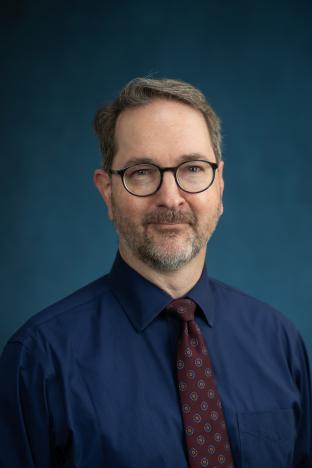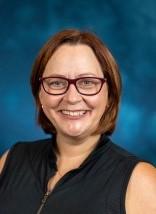The LHS for OHCA Learning Community is a critical part of the Michigan Resuscitation Innovation and Science Enterprise (M-RISE), a new research program with the mission to discover, translate and implement innovative therapies focused on preventing brain damage caused by cardiac arrest.
M-RISE is funded by the American Heart Association (AHA) and a part of its Arrhythmias and Sudden Cardiac Death Strategically Focused Research Network (SFRN), which works to support researchers leading new approaches to studying arrhythmias and sudden cardiac death.
M-Rise Projects and Strategy
M-RISE includes three projects and a postdoctoral training program. The LHS for OHCA Learning Community plays a key role in the Population Science Project which will utilize the learning health system approach and engage the expertise of the LHS for OHCA Learning Community to: 1) develop recommendations on how to optimize timely implementation of proven therapies (CPR, defibrillation) and 2) help determine the feasibility of bystanders and first responders delivering new therapies developed in the Basic and Clinical Projects with minimal or no training.
M-RISE’s strategy to achieving its objective of preventing brain damage caused by cardiac arrest is based on four guiding principles:
- Restoring blood flow as soon as possible following cardiac arrest with early CPR and defibrillation is the most effective strategy in preventing brain damage caused by cardiac arrest.
- Neuroprotective therapies are most effective when delivered within minutes after a cardiac arrest has occurred.
- Neuroprotective therapies that can be delivered by bystanders and first responders will have the greatest potential to prevent brain damage after an out-of-hospital cardiac arrest.
- Successful clinical trials demonstrating neuroprotective therapies that can be delivered by bystanders and first responders to out-of-hospital cardiac arrest patients can be implemented as safe and easy-to-use therapies with minimal to no prior training for bystanders.
“We are focusing on early treatments delivered by bystanders and first responders, which we believe will have the greatest therapeutic benefits for cardiac arrest patients,” says Robert Neumar, M.D., Ph.D., professor and chair of Emergency Medicine at Michigan Medicine and director of M-RISE. “By optimizing the timing of bystander intervention and the therapies they can provide, we hope to significantly increase the number of out-of-hospital cardiac arrest patients that survive to lead normal lives.”
The Population Science Project and Role of the LHS for OHCA Learning Community
LHS for OHCA Learning Community members and contributors will serve in leadership roles for the M-RISE Population Science Project. The Population Project is led by Brahmajee Nallamothu, M.D., M.P.H., professor of cardiovascular medicine at Michigan Medicine, who was a panelist at one of the LHS for OHCA Learning Community’s first meetings in October 2018. Emilee Coulter-Thompson, L.M.S.W. from the Department of Learning Health Sciences at Michigan Medicine will serve as lead Project Manager for the Population Project and will continue to convene the LHS for OHCA Learning Community under the leadership of Charles Friedman, Ph.D., professor and chair of Learning Health Sciences. The LHS for OHCA Learning Community will be closely involved in all aspects of the Population Project. M-RISE will provide key resources to sustain and enhance the LHS for OHCA Learning Community.
Members of the LHS for OHCA Learning Community who are based at the U-M Clinical Simulation Center (CSC), including James Cooke, M.D., CSC executive director and associate professor of Learning Health Sciences, and Debra Yake, R.N., AHA course director, will help to design and host simulation-based training and assessment to determine the effectiveness of new interventions in reducing time-to-first-treatment for OHCA. LHS for OHCA Learning Community members will be invited to participate in simulations for bystanders and first responders provide feedback on the most effective ways to deliver new neuroprotective therapies.
Check out the award news here:
 MHealth Lab ‘M-RISE’ Research Program Aims to Prevent Brain Damage Caused by Cardiac Arrest
MHealth Lab ‘M-RISE’ Research Program Aims to Prevent Brain Damage Caused by Cardiac Arrest
AHA Newsroom More than $14 million awarded for new research on arrhythmias and sudden cardiac arrest

James M. Cooke, M.D.

Deborah M. Rooney, PhD


